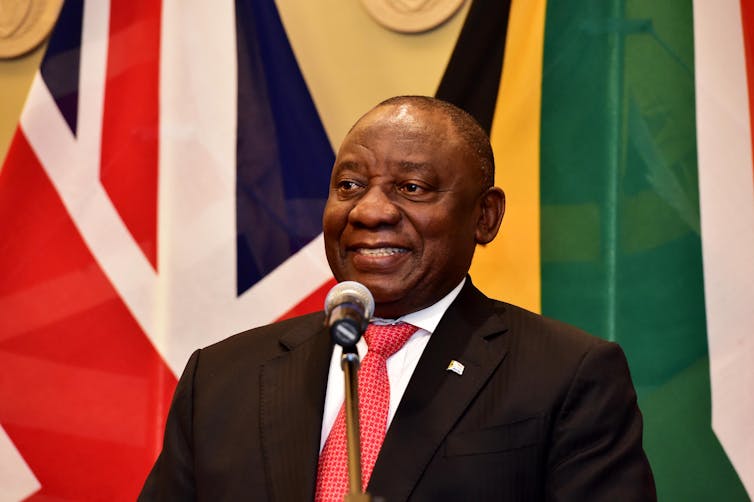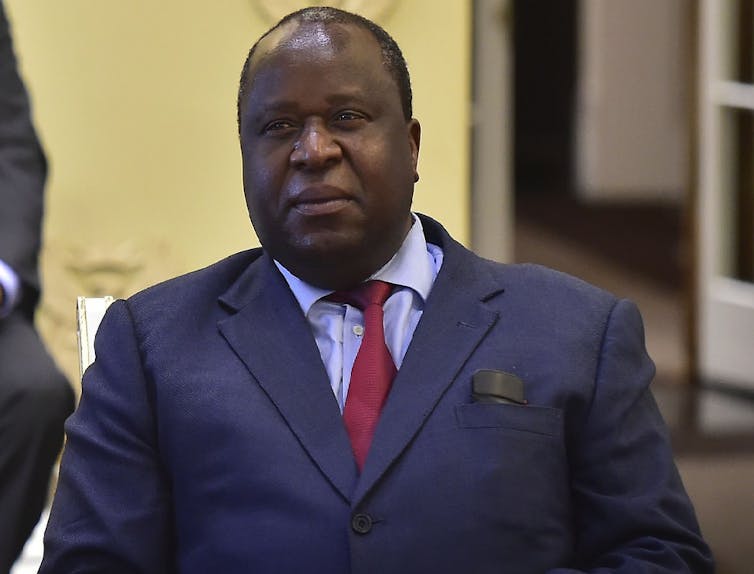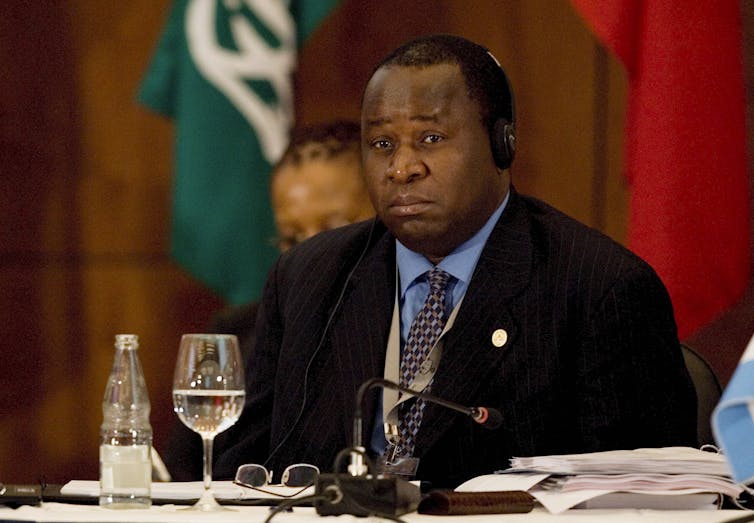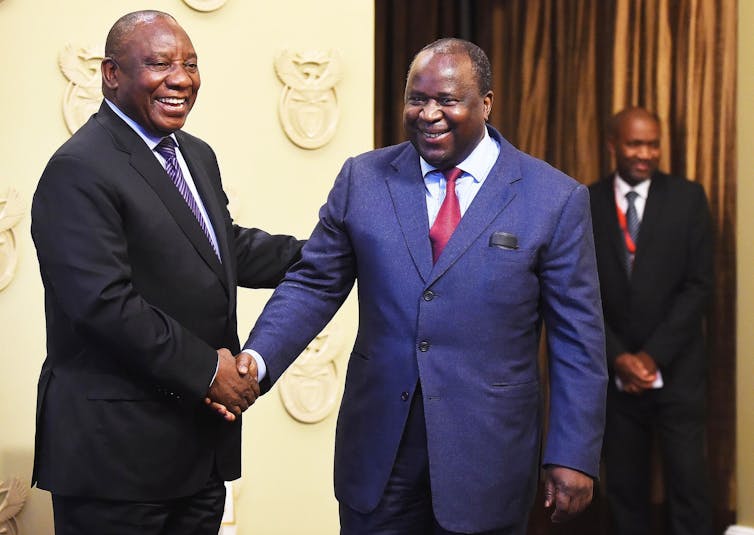
South Africa’s President Cyril Ramaphosa faces the daunting task of fighting corruption and winning votes for his party.
GCIS
Present indications are that South African voters are not gearing up to “do a Brazil” in the face of a mounting economic crisis and high levels of corruption within the ruling party. Polls indicate that they are unlikely to
totally abandon the African National Congress (ANC), which has governed the country since the end of apartheid in 1994, for existing political alternatives.
The reasons are familiar. Although the ANC has lost prestige, ground and voter loyalty, many South Africans continue to cleave to their memories of its past virtues and hope for it to return to better ways. Furthermore, President Cyril Ramaphosa will make copious and not unconvincing promises of tackling corruption.
Meanwhile, although almost a decade of misrule by former President Jacob Zuma should have rebounded to the major advantage of the Democratic Alliance (DA), the leading opposition party has failed to convince. And, the long running fight with it mayor for Cape Town Patricia De Lille has made it look divided, poorly-led and tainted by racism. It’s unlikely to go much forward, even if it is unlikely that it will actually go backwards.
So, that effectively leaves the radical but smaller Economic Freedom Fighters (EFF). But, the red berets continue to look more like a party of protest than a party seriously preparing to govern. And, while its leader Julius Malema’s populist charisma may appeal to a minority, especially the black youth, he continues to frighten the many. End of term report: continues to improve but should be doing better.
Ramaphosa’s daunting task
It wasn’t so long ago that predictions were being made that the 2019 election will result in the formation of a coalition. That continues to be a possibility, although the ANC’s experience at running an electoral campaign will more probably edge it above 50%. But if that is so, it only delays dealing with its problems, and South Africans are left to speculate about future possibilities.
One option is that, following an election victory, Ramaphosa will dispense with the Zuma hacks who continue to populate his cabinet and appoint an honest and capable team to lead the country, tackle corruption and put the economy back on track. It’s a scenario which the overwhelming mass of the population will support, and if he were to meet anything resembling a success, the ANC will reap the benefit.
However, the obstacles in the way of this path are formidable. Ramaphosa is already battling concerted fight-back by the Zuma crowd, and this is only the beginning. The looters, from the heights of the parastatals Eskom, the power utility, and Transnet, the transport utility, to the depths of the most miserable municipality in the country, will fight as hard and as dirty as they can to hang on to newly acquired wealth. And, there are enough crooked lawyers around to help them do it (all in the name of Black Economic Empowerment course).
In any case, increasingly the ANC has come to function as an extended patronage, jobs and cash machine. Hopefully, Ramaphosa and his team will prove capable of cleansing the upper reaches of the state. But, carrying the fight downwards, into the provinces and local government, will simultaneously mean reforming the ANC. That may well prove beyond the bounds of practical politics, especially given that Ramaphosa himself will need to maintain his support base for an attempt at a second term as president.
A more likely second option, therefore, is that even if Ramaphosa does a reasonably decent job, the economy will at best enjoy only slow rates of growth and improvement. Overall, it will do little more than limp along if not actually decline. Even with the best will and efforts in the world, turning the economy around so that it makes a serious dent in inequality, unemployment and poverty is going to prove a massive job. And it’s probably beyond a political party which, for all the appalling legacy of apartheid, itself bears heavy responsibility for the mess the country is in.
Future prospects
So, in coming years, the probability is high that South Africa will experience even higher levels of popular protest and class tensions than is happening at the moment.
How politicians respond to these, and how they are handled, matters hugely. On the one hand, they will offer opportunities for genuine renewal, for doing things in a more progressive and democratic way. On the other, they will offer opportunities for cynical exploitation of popular frustrations by tellers of untruths and sellers of snake-oil, wrapped up in radical language, probably with some charismatic prophet at their head.
Whether latter-type calls come from within or from outside the ANC South Africans will have to see. But they will probably be made by appealing to the dispossessed, impoverished masses in rhetoric which obscures the greedy interests of a frustrated, kleptocratic, Zuma-style bourgeoisie.
It is then that South Africans will have to face down the risk of a local Jair Bolsonaro. Brazil’s new president is threatening a lurch to political authoritarianism of the most brutal kind. This after a campaign in which he rode to power on an extreme right programme in which he questioned the most basic of democratic values.
Roger Southall, Professor of Sociology, University of the Witwatersrand
This article is republished from The Conversation under a Creative Commons license.


